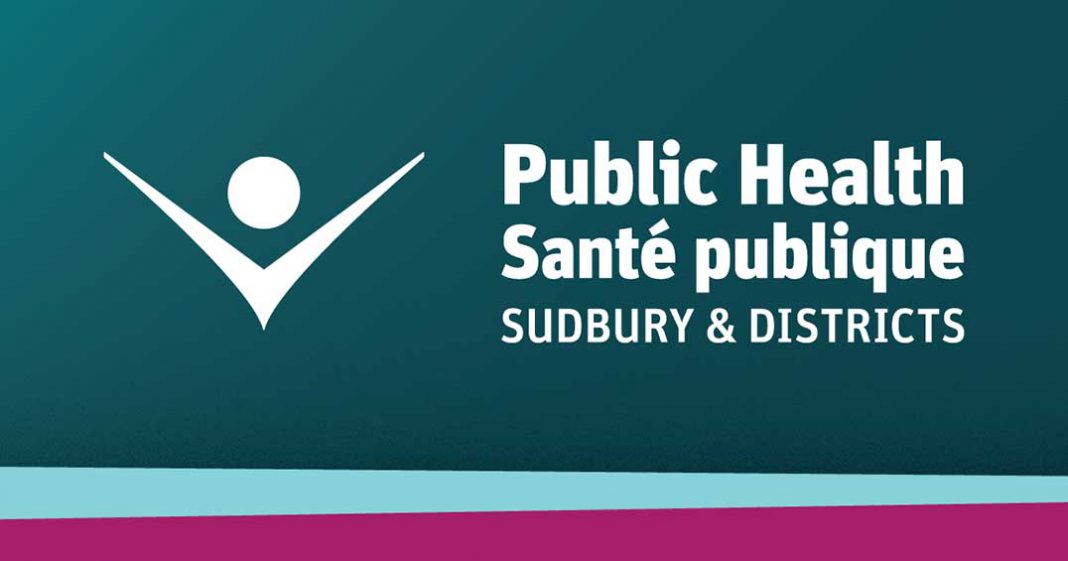SUDBURY DISTRICT—Air quality across Ontario including the Public Health Sudbury and District (PHSD) service area continues to be adversely affected by smoke plumes from local forest fires as well as wildfires outside of our area.
As the wildfires are expected to continue for the near future, PHSD reminds residents of the health effects of wildfire smoke and how to protect yourself.
Smoke from wildfires is a mixture of gases and fine participles from burning trees and plant materials. The smoke releases many contaminants into the air, such as fine particulate matter, nitrogen oxides, carbon monoxide and volatile organic compounds.
“Low levels of wildfire smoke can impact your health,” public health explains. “Milder symptoms of smoke exposure include mild cough, headache, eye, nose and throat irritation. These symptoms can typically be managed without medical intervention. More serious symptoms include dizziness, chest pains, irregular heartbeat, severe cough, shortness of breath, wheezing and asthma attacks.”
To reduce your risk of experiencing symptoms PHSD recommends: avoid outdoor physical exertion; stop, reduce, or reschedule strenuous outdoor activities; keep airways moist by drinking plenty of water; breathe through a warm, moist washcloth to help relieve dryness; visit places with cleaner, filtered air, such as libraries or shopping malls; if the temperature is comfortable, keep windows closed indoors and in vehicles; use the recirculation setting on air conditioners and HVAC systems to prevent smoke from entering; once the outdoor air has improved, adjust the setting to bring in fresh air; and follow your health care provider’s advice about managing your condition. People who have asthma should follow their asthma management plan.





